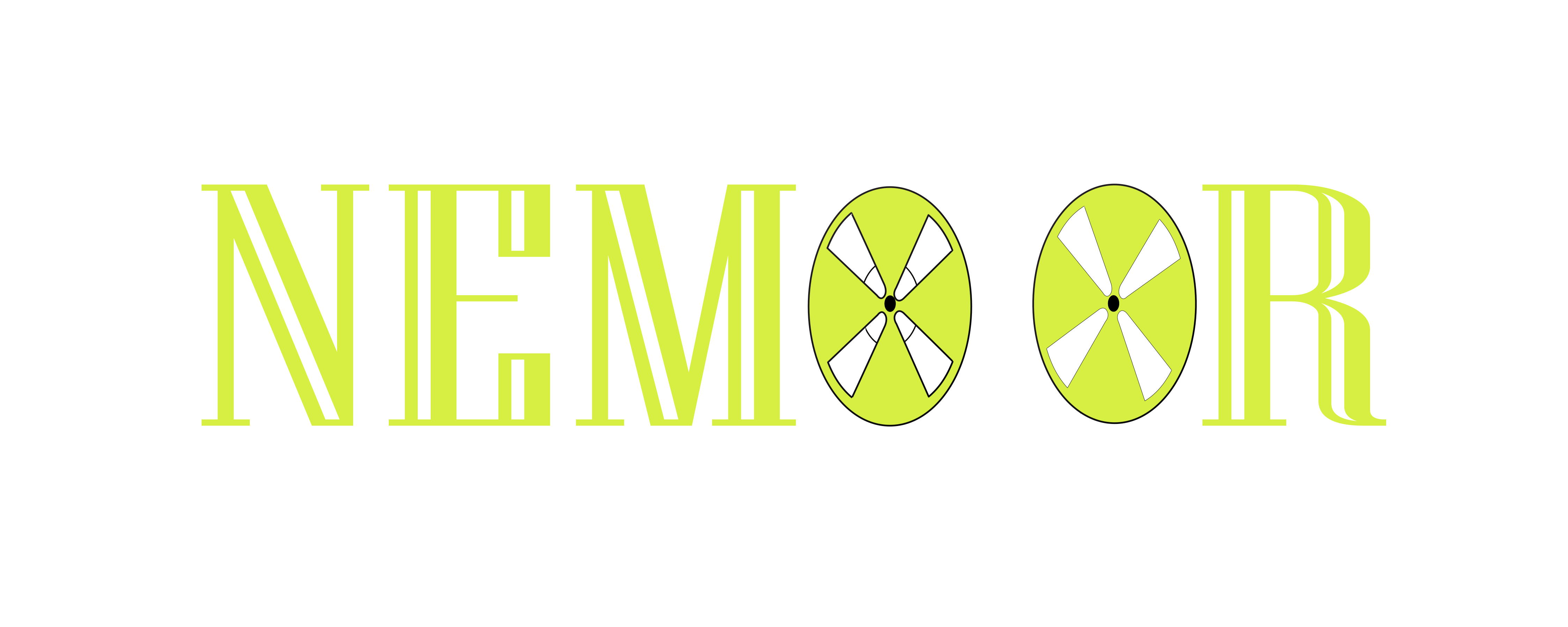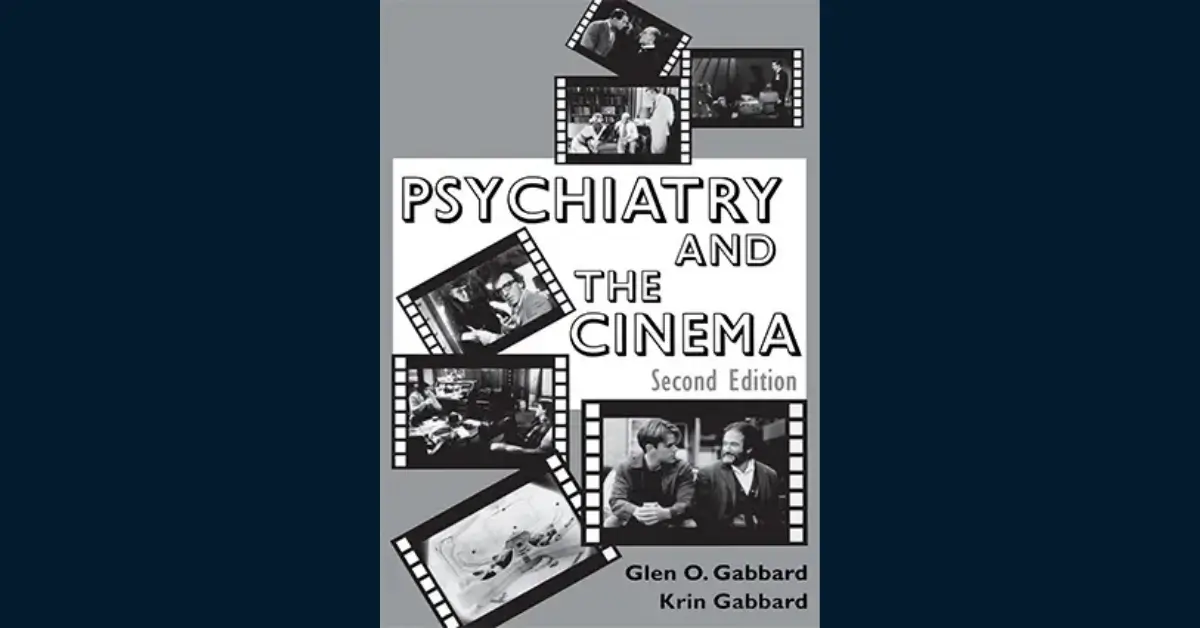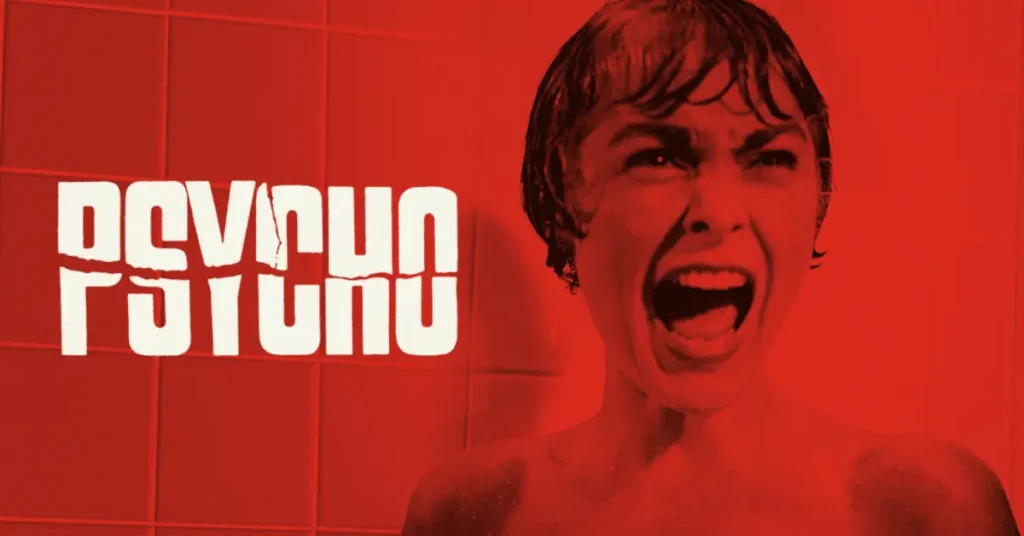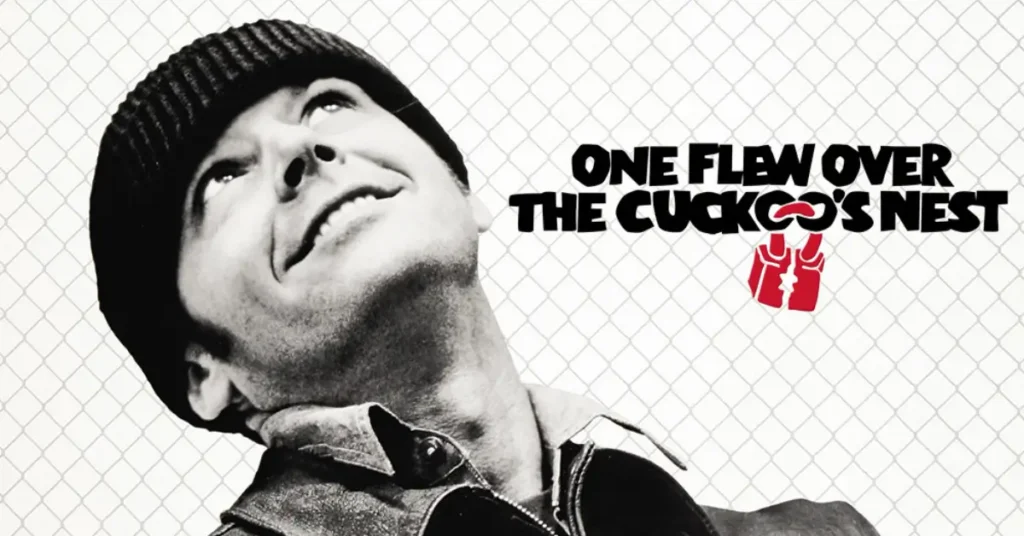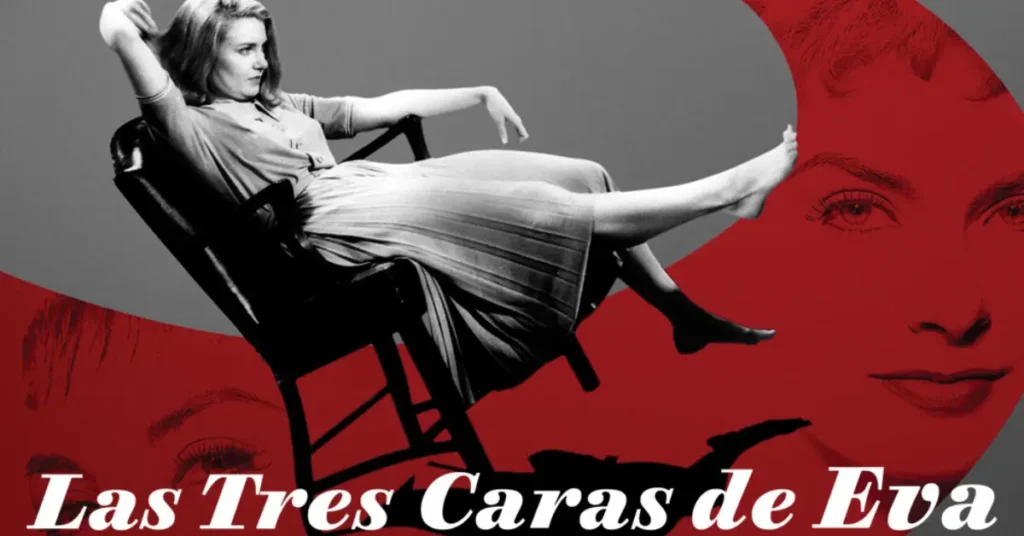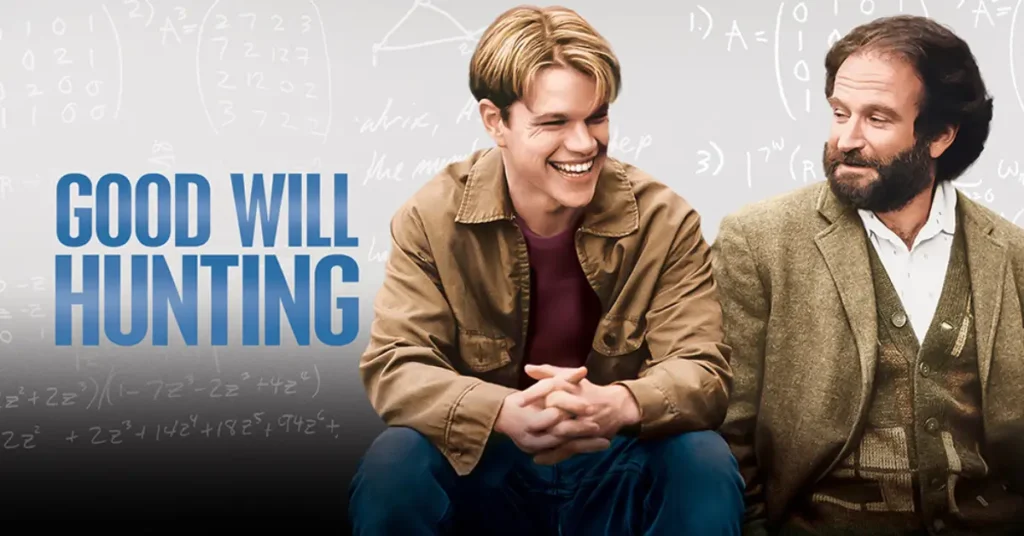Psychiatry and the Cinema: The Definitive Guide to Mental Health in Film
Mental health portrayal in cinema significantly impacts public perception and understanding of psychiatric conditions. “Psychiatry and the Cinema” by Glen O. Gabbard, M.D. and Krin Gabbard, Ph.D. stands as the authoritative resource examining the complex relationship between mental illness and film representations. This comprehensive analysis offers invaluable insights for professionals, students, and film enthusiasts seeking deeper understanding of psychological depictions onscreen.
Thank you for reading this post, don't forget to subscribe!Expert Author Collaboration Creates Unparalleled Analysis
The unique collaboration between psychiatrist Glen O. Gabbard and film scholar Krin Gabbard provides this seminal work with exceptional depth and credibility. This interdisciplinary approach combines clinical psychiatric expertise with sophisticated film theory, creating an authoritative examination that has remained relevant for decades since its initial 1980s publication and subsequent updates.
Comprehensive Exploration of Mental Health Representations
“Psychiatry and the Cinema” thoroughly investigates four critical areas of mental health portrayal in film:
Mental Illness Depictions
The authors meticulously analyze how conditions including schizophrenia, depression, dissociative identity disorder, and psychopathy appear on screen, highlighting common misconceptions, exaggerated symptoms, and harmful stereotypes that persist in mainstream cinema.
Psychiatric Professionals as Characters
From heroic healers to manipulative villains, the book examines the wide spectrum of psychiatrist portrayals in films like “Good Will Hunting” and “Basic Instinct,” exploring how these representations influence public trust in mental health treatment.
Therapeutic Process Representations
The Gabbards critically assess therapy depictions, noting the significant disconnect between dramatic cinematic portrayals and actual psychotherapeutic practice, helping readers distinguish entertainment from reality.
Psychological Impact on Cultural Understanding
Beyond critique, the work examines how these cinematic portrayals collectively reflect and shape societal attitudes toward mental illness, serving as both mirror and influencer of public perception.
Essential Film Analysis Across Decades
The book examines landmark psychological films including:
- “Psycho” – Critically examining its problematic representation of dissociative disorders
- “One Flew Over the Cuckoo’s Nest” – Analyzing its influential but controversial portrayal of psychiatric institutions
- “The Three Faces of Eve” – Deconstructing its dramatic but scientifically questionable approach to multiple personalities
- “Ordinary People” – Highlighting its nuanced exploration of grief and therapeutic processes
- “Good Will Hunting” – Recognizing its relatively authentic therapeutic relationship depiction
Psycho :
One Flew Over the Cuckoo’s Nest :
The Three Faces of Eve :
Ordinary People :
Good Will Hunting :
Ideal Resource for Multiple Disciplines
This essential text provides specific value for diverse audiences:
- Psychology and psychiatry students gain critical perspectives on media’s influence on clinical perceptions
- Film critics and media scholars acquire deeper psychological frameworks for cinematic analysis
- Mental health professionals better understand how media shapes client expectations
- Media literacy educators receive well-researched material for teaching critical media consumption
Scholarly Depth with Enduring Relevance
The book’s strengths include:
- Exceptionally well-researched content with robust academic credentials
- Unique interdisciplinary methodology combining clinical and film expertise
- Rich case studies spanning multiple decades of cinematic history
- Critical analysis that challenges normalized media representations
While its academic tone and earlier publication date may require supplementation for very recent films, “Psychiatry and the Cinema” remains the foundational text for understanding psychological portrayals in film.
Conclusion: A Must-Read for Understanding Mental Health in Media
Despite Hollywood’s gradual improvement in mental health representations, “Psychiatry and the Cinema” continues to offer essential guidance for filmmakers creating accurate portrayals, professionals countering media misconceptions, and viewers developing more informed perspectives on psychiatric content in film.
For anyone serious about understanding the powerful intersection of psychiatry and cinema, this book delivers unmatched scholarly insight while encouraging critical engagement with mental health representations in popular media.
🔗 Where to Buy
Ready to add this classic to your mental health in cinema collection?
👉 Buy on Amazon
